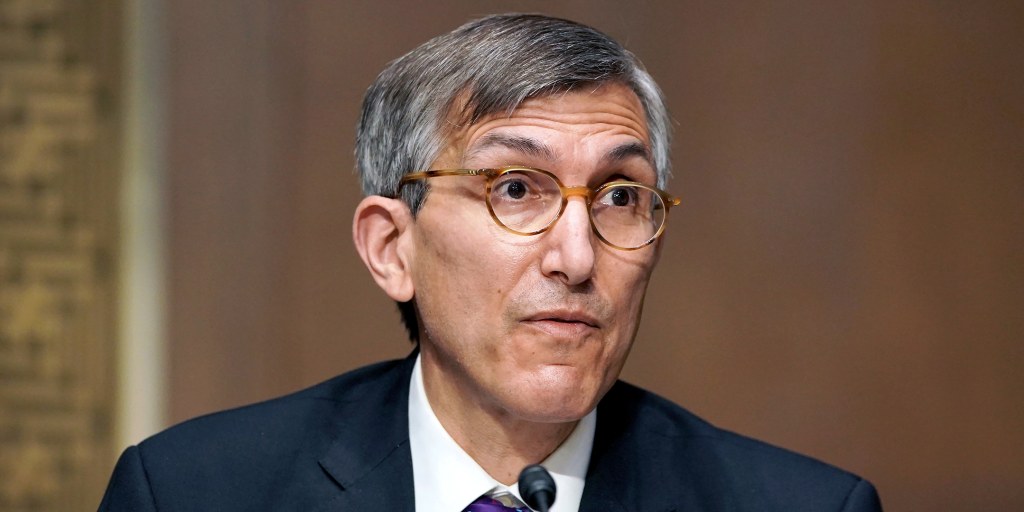Breaking: FDA's Vaccine Chief Dr. Peter Marks Abruptly Exits in Surprising Leadership Shake-Up

In a scathing resignation letter, Marks revealed the intense tension between himself and health secretary Robert F. Kennedy Jr., accusing Kennedy of seeking blind acceptance of what Marks characterized as deliberate misinformation and fabrications. The letter exposes a deep conflict, suggesting that Kennedy demanded unquestioning compliance with his controversial claims, rather than engaging in substantive, fact-based dialogue.
